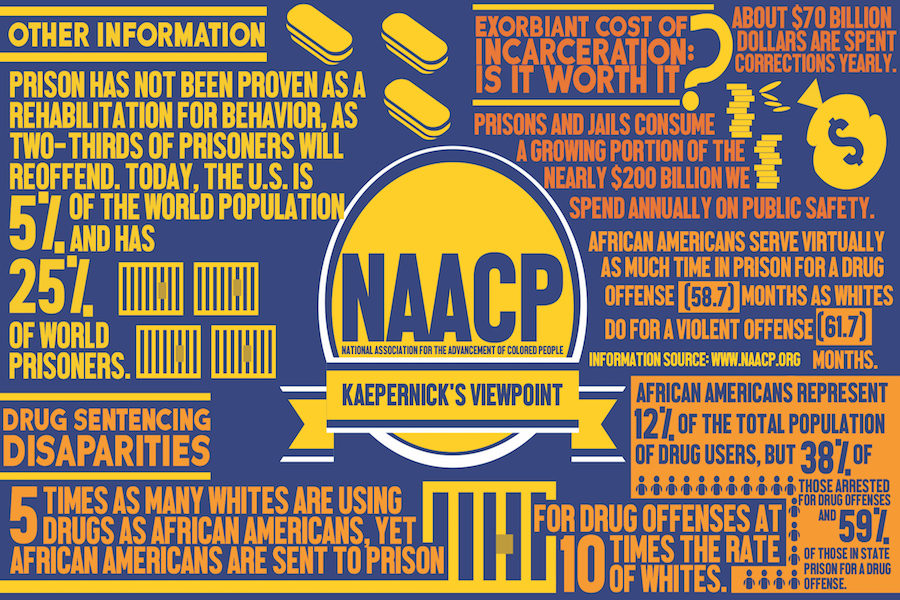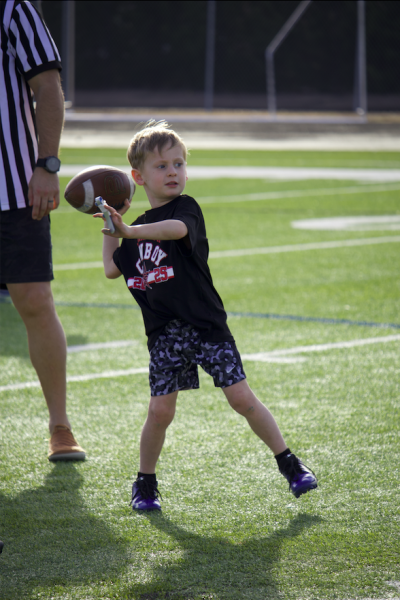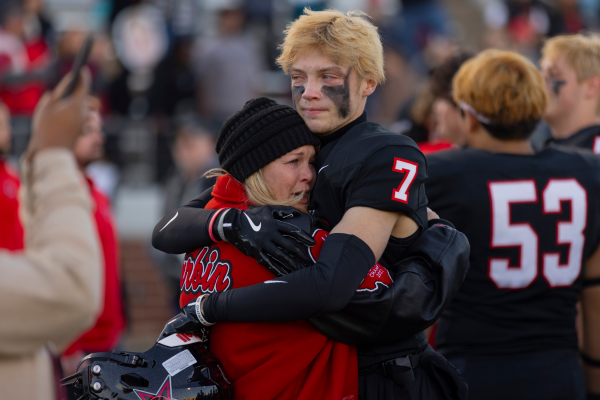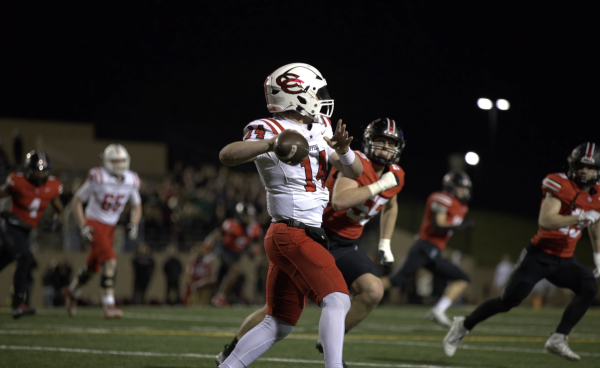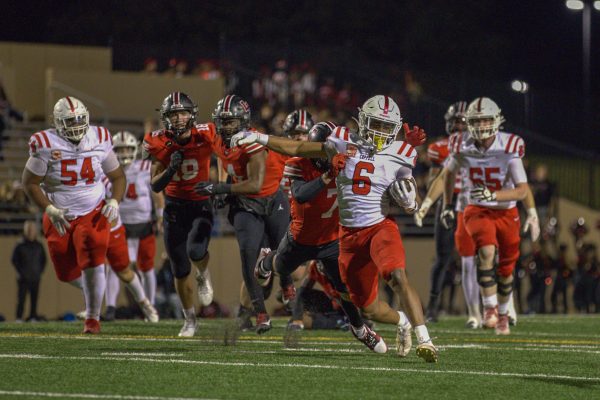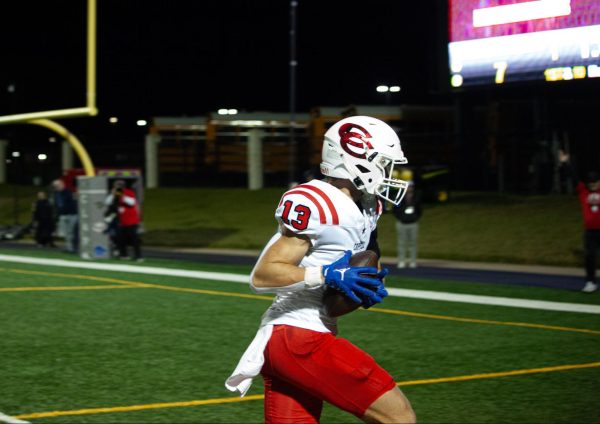Observing Kaepernick opposition
Support for Kaepernick through moral weight
With the recent controversy over San Francisco 49ers quarterback Colin Kaepernick’s choice not to stand for the National Anthem, the general public has voiced its discontent in two ways: one being that people are disappointed at his lack of respect for the morals that the United States promotes. The second being the frustration towards the first group for their lack of understanding on the harms to minorities within the status quo.
For those arguing that sitting during the National Anthem is disrespectful and against the law, that is actually a heavily misunderstood legal clause. According to the Congressional Research Service report to Congress in 2008, “No penalty or punishment is specified in the Flag Code for display of the flag of the United States in a manner other than as suggested. Cases … have concluded that the Flag Code does not proscribe conduct, but is merely declaratory and advisory.”
Second, we need to weigh the morals of each one. For Kaepernick, is it moral to support a nation that continues to systematically oppress racial minorities all while promoting an imperialistic stance of unnecessary faux-democracy on other countries? For the angered general public, is it moral to sit during the national anthem and cause a scene that signifies disrespect to the country you live in?
Third, in the grand scheme of things, there are greater issues that the public should direct its energy towards. If it did so, such issues could possibly be resolved. Sitting during the anthem is not an issue needing resolution. The systematic oppression of racial minorities across the United States is an issue that needs immediate resolution.
As previously stated, Kaepernick’s action is an act of peaceful protest. Disagreement with the policies of the United States is something that every citizen faces, and standing or sitting for the anthem is actually one of the most passive forms of protest that a citizen can perform in comparison to other acts.
Last year, our publication covered an Irving protest of citizens advocating for the removal of participants in the Muslim faith, all because those citizens feared that the “Islamization of America was ruining the country”. The protesters came with flags, guns, and members in military uniform. However, this was considered a peaceful protest, even with the presence of guns in the same environment as small children. This example yields a double standard that is unfair towards Kaepernick.
When it comes to protesting, there is a framework of moral judgement and impacts that need to be weighed. Everyone has specific political views that make them unique. However, it is unfair to judge Kaepernick on his practice of the First Amendment on a higher-stakes standard than previous protests of higher violence levels that went unnoticed due to the loose advocacy of the First Amendment.
Although the arguments made are debatable, the logic is warranted. I agree with Kaepernick because his issues outweigh the opposition. North America does provide many opportunities, but not for people who are within a racial minority. As a person of color, it is systematically harder to make a living in a safe environment, even if the playing field is the same length for everyone.
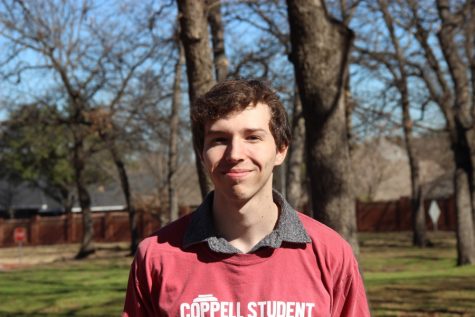
Grant Spicer is a Senior and second year staff writer for The Sidekick. Grant specializes in writing opinions articles and answering those difficult questions.
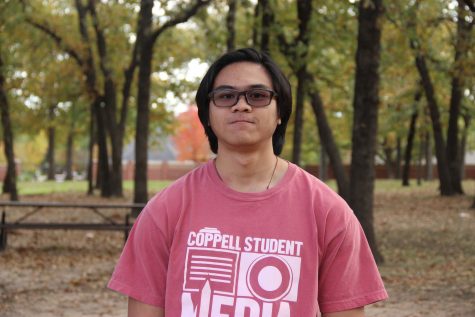
Austin Banzon is a senior and the Graphics Editor for The Sidekick newspaper. He creates infographics / designs pages using his skills with Photoshop,...



